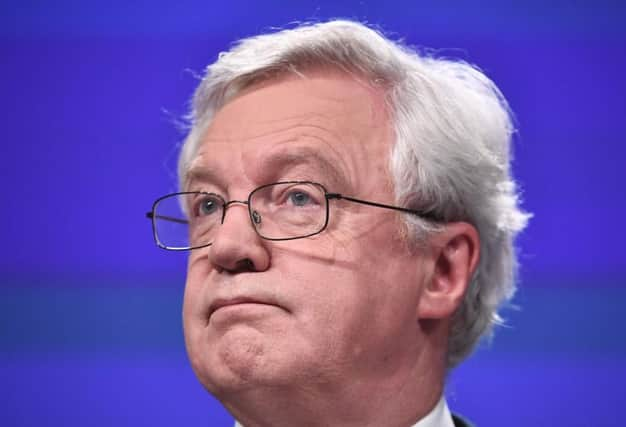Eurozone to take up global slack as UK falters, says IMF


The IMF said mainland Europe’s economic recovery had provided a brighter outlook for the global economy, as its reverberations were felt worldwide.
However, the Washington-based organisation highlighted the UK as one of a small number of European countries where the forecasts had failed to improve, as the country’s exit from the European Union looks set to weigh on growth.
Advertisement
Hide AdAdvertisement
Hide AdIn its latest regional economic outlook report, the IMF said: “There could be protracted policy and economic uncertainty on a broad range of issues for both the European Union and the United Kingdom, because of the complex and drawn-out process and compressed timeframe for negotiations on the post-Brexit economic relationship.
“If the United Kingdom leaves the (EU) without an agreement, there will be a notable increase in trade barriers, potentially accompanied by disruption of services in various sectors, with significant negative impact on economic activity.”
City economists said it was a toughening up of the language by the IMF, whose previously released forecasts say UK gross domestic product (GDP) will expand 1.7 per cent this year, slow to 1.5 per cent in 2018 and pick up to 1.6 per cent in 2019.
Meanwhile, the eurozone is expected to expand at a faster rate of 2.1 per cent in 2017, before easing to 1.9 per cent in 2018 and 1.7 per cent in 2019.
On Europe, the IMF said: “The European recovery is spilling over to the rest of the world, contributing significantly to global growth.
“In a few advanced and many emerging economies, unemployment rates have returned to pre-crisis levels. Most emerging market European economies are now seeing robust wage growth.”
The update comes as the latest data from the Office for National Statistics (ONS) showed the UK economy accelerated to 0.4 per cent in the third quarter, with most of the growth coming from the services and manufacturing industries.
However, UK economic growth is still struggling to bounce back to the 0.6 per cent seen in the final quarter of 2016. Economists have attributed this partly to the weakness of sterling increasing the cost of imported raw materials since the Brexit vote.